.
.
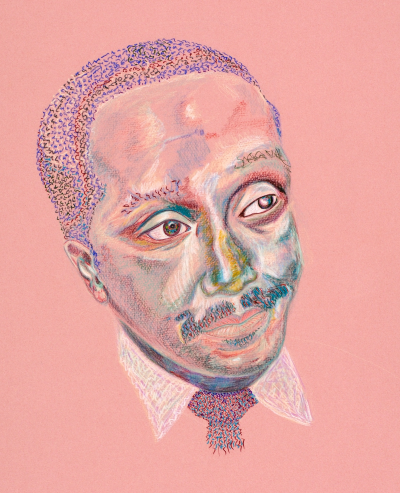
“Bud Powell,” by Rosalinda Kolb
.
.
___
.
.
Out Walks Bud
…………for Bud Powell
I.
First time they hit me I couldn’t hardly
believe it. What evil had I been doing?
Sashaying ‘round Broad Street Station
with a little buzz on after the gig.
Drunk and disorderly? Arrested?
By clowns who weren’t even real cops!
Railroad fuzz. That’s all they were.
As the beat down went on some part
of my brain made out a cadence
in the batons’ rise and fall.
But a whole other part went
all numb till I couldn’t feel
nothing ‘cept angry–and sad.
Belligerent was the word they
used, later on, turning me over
to the Philly cops. But the look
in their eyes said “crazy nigger.”
And after that I was. Sometimes.
Crazy, I mean. Others, I could
still play as well as ever. Better.
.
II.
Back in Harlem my head kept hurting.
Went to Bellevue, but just for observation.
Then spent ten weeks locked in a psych ward.
Don’t think I was ever the same man after that.
.
III.
In Bellevue again after a bar fight,
then in another joint for loonies.
Outta control? Who wouldn’t be?
Girlfriend pregnant; me locked up.
Goddamn electric shocks
making everything worse.
Racist bastards had the nerve
to call that therapy.
Only thing made me better
was getting released.
.
IV.
Tatum worshipper. Monk’s disciple.
Charlie Parker of the piano.
What else you wanna call me?
Don’t talk. ..Listen.
What do you hear?
.
V.
Hard to believe, but my best days
were yet to come. Also my worst.
Richie and Clifford dead in that crash.
Schizo drugs taking a toll on my music.
Booze and fighting. More hospital stays.
All just one big blur after a while.
Till I hit bottom, and it hit me back.
.
VI.
Spent a little time over in Paris,
then back to New York again.
My comeback, so to speak. Only
now the doctors say I’m done.
Not just booze. Malnutrition.
And tuberculosis besides.
Man, that shit hits harder than
any damn cop, or electric shock.
Never play again. That’s the worst.
Guess those cops finally got
what they wanted after all.
Or was it just me, messin’ up
too much, locked in the grip
of all that anger and alcohol?
.
VII.
Still young, 41, but you know
I think I’m ‘bout ready to go.
I’ve had a good life, I guess.
Pretty good. Some nice
moments, you might say.
Outlasted old Broad Street
Station anyhow. Last train
pulled out way back in ‘52,
and the station’s tore down.
.
VIII.
There must be a world—just
got to be— where a black man
can wander peaceful and free.
Play piano like there’s no
tomorrow, ‘cause there ain’t.
Just an endless array of todays.
Where a man gets high sniffing air,
and no fuzz, no shrinks interfere,
mess with black folks’ brains.
.
IX.
There’s a door in this room, but
it’s not the next one I’ll go through.
Knocking on Death’s door these days.
My next destination?
Well, who knows where,
but I’ll be there soon.
Done what I came to do, I suppose.
And the best part is no one can
stop me now, beat me, lock me up.
When I step out that door I’ll be free.
.
.
___
.
.

Winner of an Academy of American Poets Prize and other awards, John Menaghan has published four books with Salmon Poetry — All the Money in the World (1999), She Alone (2006), What Vanishes (2009), and Here and Gone (2014) —as well as poems and articles in Irish, British, American, and Canadian journals, and given poetry readings in Ireland, England, Scotland, France, Hungary, Canada, and across the U.S. from New York to Honolulu. A fifth volume, composed entirely of his jazz-related poems, is forthcoming from Salmon in 2024.
.
.
___
.
.
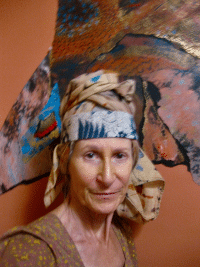
Rosalinda Kolb is a Santa Fe, New Mexico-based artist whose work is treasured in corporate and private collections. Upon completing her Master Of Fine Art program at the School Of The Art Institute Of Chicago in 1976, she met the saxophonist Frank Morgan, and her life completely jumped the tracks. Her “Jazz Portrait Series,” which includes many similarly problematic personalities (including Bud Powell), was a manner of coping with the steep and rocky path down which she was headed. She was spiritually married to Mr. Morgan until his death in 2007.
Click here to visit her website
.
.
Listen to the 1956 recording of Bud Powell playing “Stairway to the Stars,” with George Duvivier (bass); and Art Taylor (drums). [Universal Music Group]
.
.
___
.
.
Click here for information about how to submit your poetry
Click here to subscribe to the Jerry Jazz Musician quarterly newsletter
Click here to help support the continuing publication of Jerry Jazz Musician (thank you!)
.
.
.







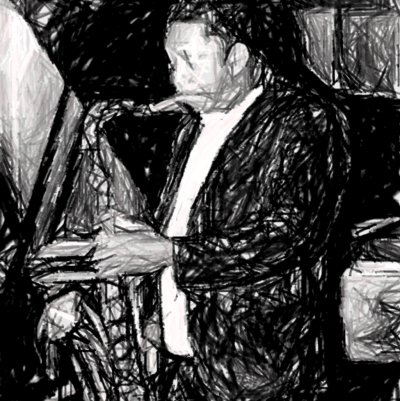

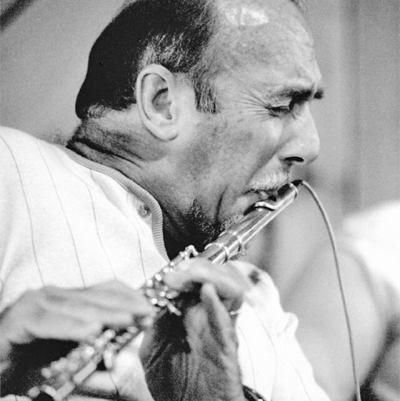
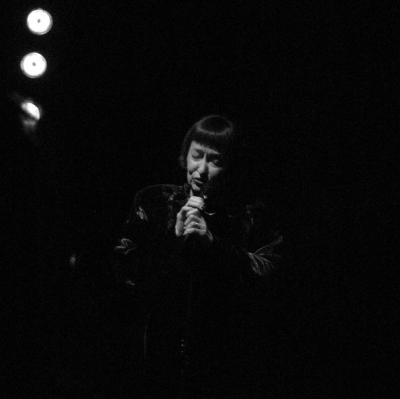
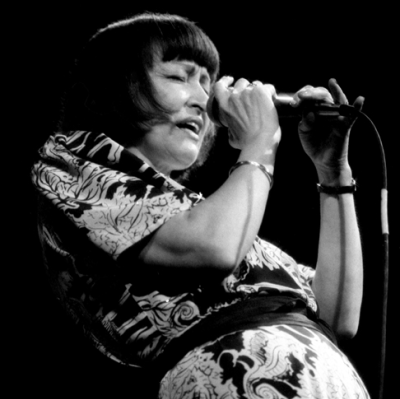



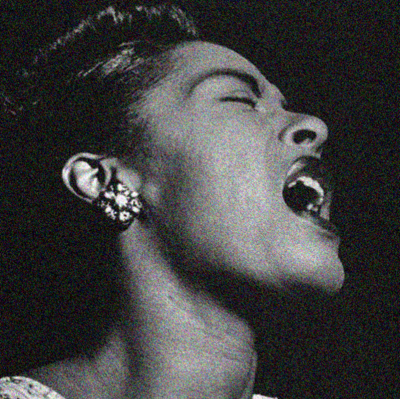





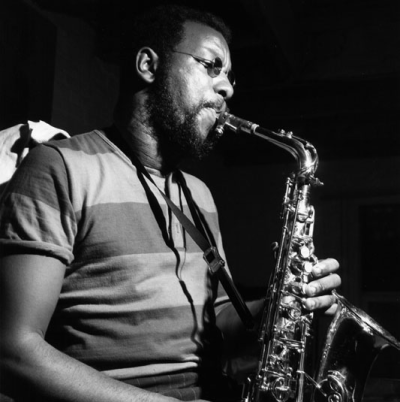

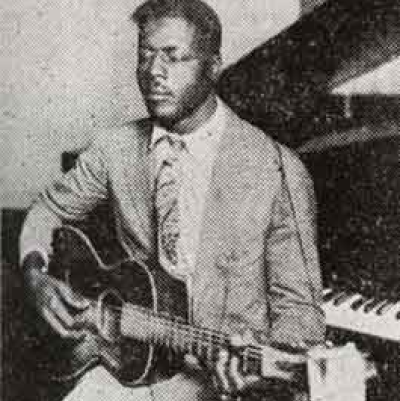





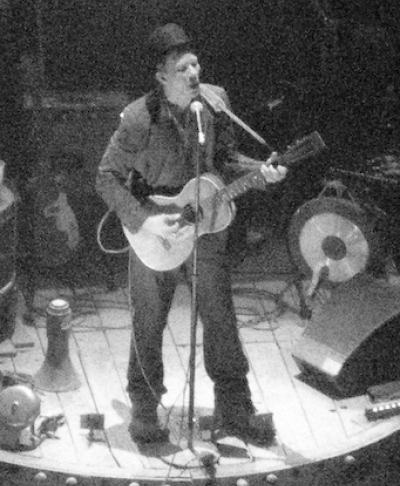










Good stuff!
Thank you, Galen Handy
Justly heartbreaking. Thank you, Mr. Menaghan.
Powerful, moving work.